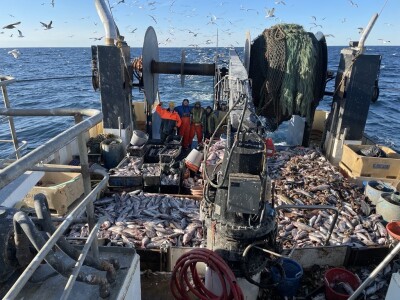Will attempts to save one Louisiana coastal resource imperil another? One oyster industry advocate is concerned that a plan to restore the Pelican State's rapidly evaporating coastline poses a serious threat to the oyster resource.
Coastal erosion is a serious problem in Louisiana. The state's Comprehensive Master Plan for a Sustainable Coast, developed in 2012, reveals that since 1930, Louisiana has lost some 1,880 square miles of land since the 1930s.
According to the report, a variety of natural and man made factors have caused the land loss. If measures aren't taken to stem continued erosion, the report says, another 1,750 square miles could be lost over the next 50 years.
That land loss could seriously increase the risk of flooding, leaving coastal communities even more vulnerable, the report states.
"The catastrophe facing south Louisiana means that we must act quickly, or we will lose everything," the report states. "Our communities will continue to wash away, our fisheries will collapse, and vital industries will not have the infrastructure or workforces they need to operate."
The report lists a variety of projects being undertaken to increase flood protection and restore coastal wetlands. One such project, for example, involves making several diversions along the Mississippi River. Those diversions would use river sediment to sustain and rebuild land.
But the diversions may also cause problems for the state's oyster industry, according to John Tesvich, a fourth generation oysterman who is the chairman of the Louisiana Oyster Task Force.
Tesvich told WGNO-TV that a diversion at Myrtle Grove would move water at 75,000 cubic feet a second. That volume of water, Tesvich said, will "wipe out the entire Barataria estuary."
And in the process, it will also wipe out 100,000 acres of oyster beds in just a few days, Tesvich said. He and other oystermen are mounting a campaign to protect the estuaries. Coastal restoration can be achieved without destroying them, Tesvich said.
It's always tricky business when we start tinkering with the environment. If Tesvich is right, and Louisiana's coastline can be sustained and restored without causing damage to the state's prized oyster resource — and the harvesters and coastal communities that depend on them, that would truly be a win-win situation for south Louisiana.







